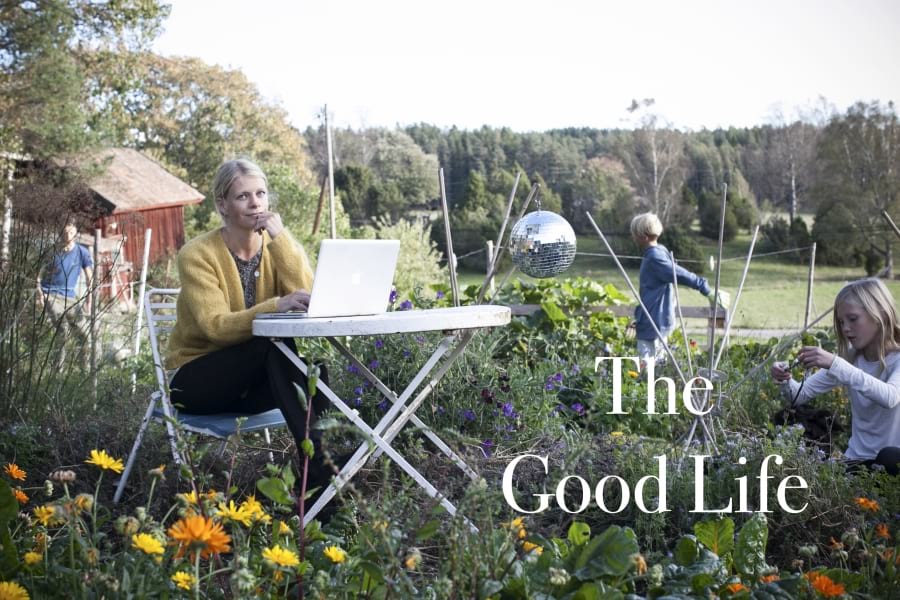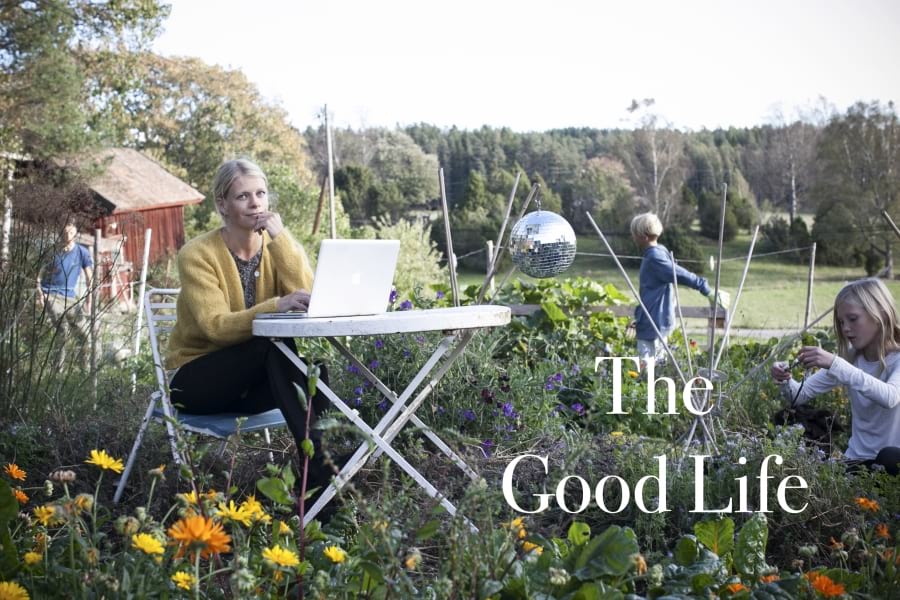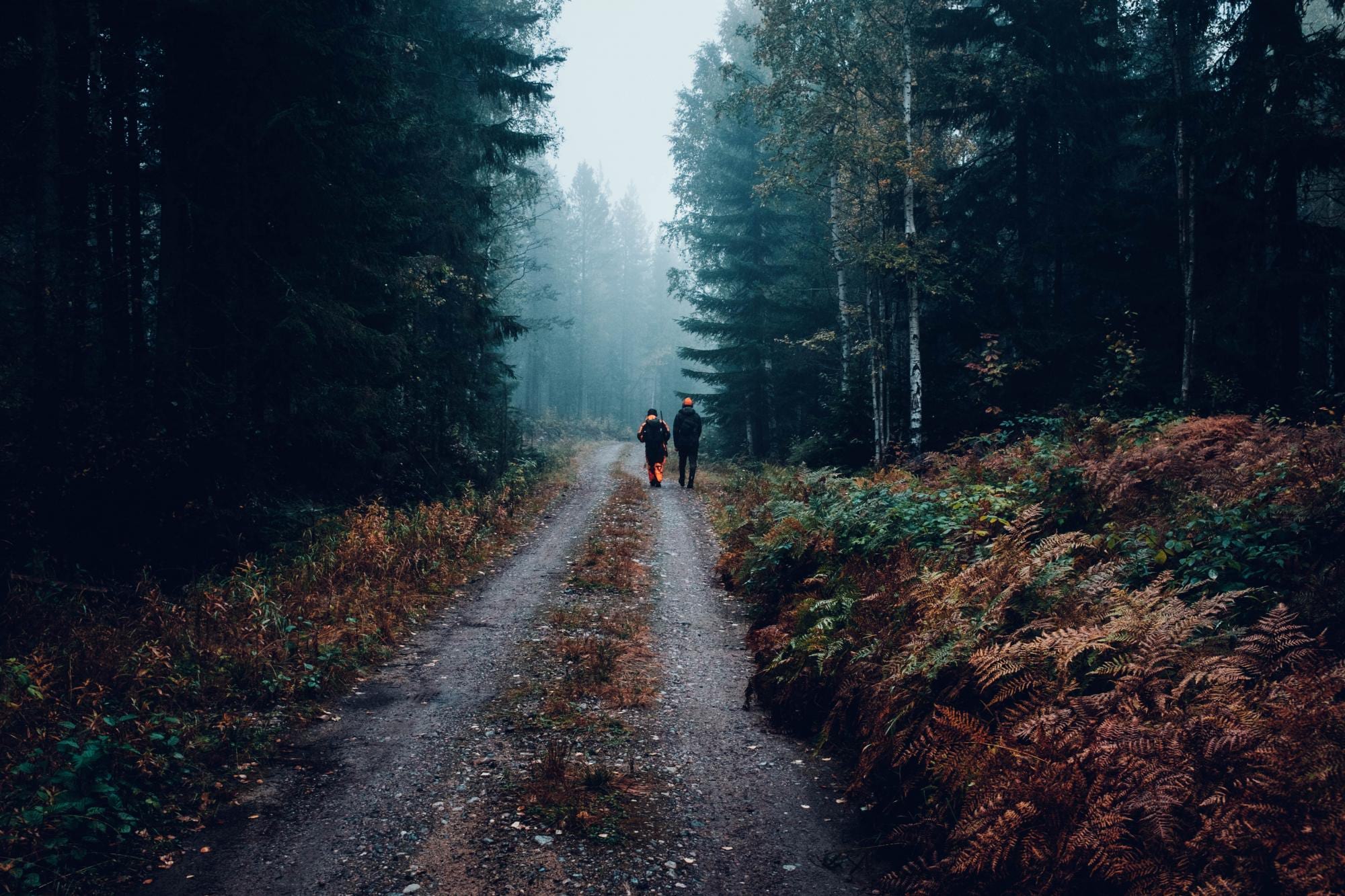As anyone who has ever been married or in a long-term relationship will probably agree, marriage is hard. Shit hard, you might even say in Swenglish, especially if you have children. So hard in fact that around 1 in 2 marriages in Sweden end in divorce. (I recently read somewhere that Gnesta, my home town, has the second highest divorce rate - 3.6 per 1,000 residents - in Sweden after Ockelbo, so we're battling some pretty unfavourable odds here.*)
While most children in the UK with separated parents seem to stick with the same "lives with the mother, weekends and holidays with the father" routine that I grew up with, in Sweden it's much more common to divide children's time equally between parents, with an alternating "mammavecka" and "pappavecka". Which is fantastic for equality, but possibly not always so great for the children.
When Joe and I had a trial separation a couple of years back (which I could blame on living in Gnesta, but actually there were a few other factors involved), we found we loved the freedom of having every second week to ourselves but hated being away from the children (and each other) so much.
So we came up with the genius solution of staying together but doing every-other-week parenting. I realise this won't work for everyone - Sweden's subsidised childcare and family-friendly labour laws definitely make it more doable - but I reckon it could be a relationship and sanity-saver for some families.
This is how it works for us:
- On parenting weeks, we're responsible for picking up and dropping off children at school, food shopping, cooking, arranging playdates and basically any and all child-related admin.
- On our free weeks, we can work as long and late as we want, go out any evenings without "permission", and even take a whole night off if we need serious peace and quiet.
- We usually take one night of the week on our free weeks and go and stay at my mother's house nearby. I always intend to use my free evening to meditate, do yoga, take long walks and nurture myself, but usually end up eating pesto pasta and watching crap on Netflix.
- When we're at home during our free week, we help out because we want to, not because we have to.
- Weekends and holidays are pretty much shared but if we want to go out or go away, weekends at the end of our free weeks are the preferred time to do it.
- As with "normal" parenting, communication and kindness are key. If we see the other parent struggling on their parenting week, we step in and help them out. Remember, karma will always bite you in the arse in the end.
- Swaps and substitutions are allowed.
* If you want better odds, best move to Nordmaling in Västerbotten with only 0.8 divorces per 1,000 residents.




